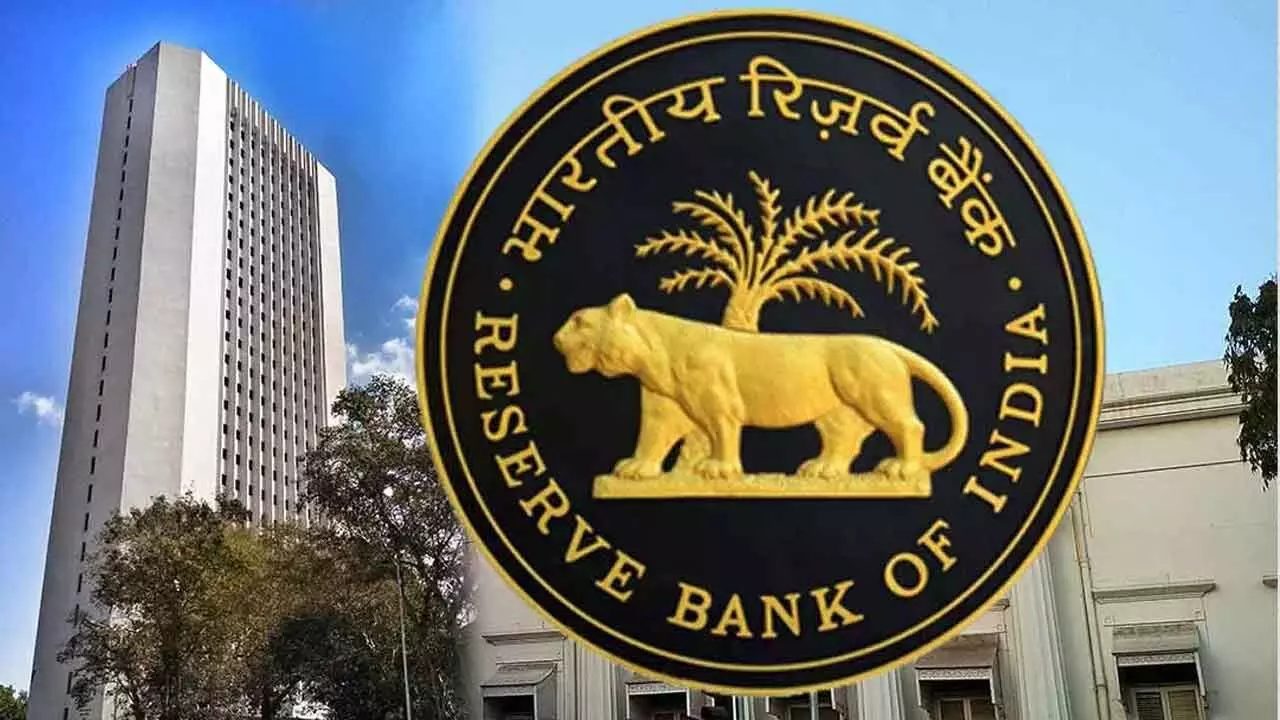RBI Guv For Reduced Time, Cost Of Remittances
Need to address potential risks posed by digitization and AI in the banking sector
RBI Guv For Reduced Time, Cost Of Remittances

Remittances are the starting point for many emerging and developing economies, including India, to explore cross-border peer-to-peer (P2P) payments. We believe there is immense scope to significantly reduce the cost and time for such remittances - Shaktikanta Das, Governor, RBI
New Delhi: Reserve Bank Governor Shaktikanta Das on Monday made a case for reducing time and cost of overseas remittances, which are important for developing economies including India. According to the World Migration Report-2024 released by the International Organisation for Migration (IOM), India’s remittances surged to $111 billion last year, surpassing all other nations. As per the Bank of England (BoE) projection, the value of global cross-border payments is estimated to surpass $250 trillion by 2027. The significant volume of cross-border worker remittances, the growing size of gross flows of capital, and the increasing importance of cross-border ecommerce have acted as catalysts to this growth, he noted.
“Remittances are the starting point for many emerging and developing economies, including India, to explore cross-border peer-to-peer (P2P) payments. We believe there is immense scope to significantly reduce the cost and time for such remittances,” Das said in his keynote address at the conference on ‘Central Banking at Crossroads’.
Besides, he said: “The feasibility of expanding real-time gross settlement (RTGS) to settle transactions in major trade currencies such as dollar, Euro and Pound can be explored through bilateral or multilateral arrangements. India and a few other economies have already commenced efforts to expand linkage of cross-border fast payment systems both in the bilateral and multilateral modes, he said.
These include Project Nexus, a multilateral international initiative to enable instant cross-border retail payments by interlinking domestic Instant Payment Systems (IPSs) of four ASEAN countries (Malaysia, Philippines, Singapore, and Thailand) and India. Under bilateral arrangements, cross-border payment linkages have already been established by India with Singapore, UAE, Mauritius, Sri Lanka, Nepal, etc.
The Central Bank Digital Currency (CBDC) is another area which has the potential to facilitate efficient cross-border payments, he added. On November 1, 2022, the RBI started the wholesale pilot of CBDC for settlement in government bonds. A month later, the pilot of the retail CBDC kicked off. Going forward, he said, harmonisation of standards and interoperability would be important for CBDCs for cross-border payments and to overcome the serious financial stability concerns associated with cryptocurrencies. “A key challenge could be the fact that countries may prefer to design their own systems as per their domestic considerations. I feel we can overcome this challenge by developing a plug-and-play system that allows replicability of India’s experience while also maintaining the sovereignty of respective countries,” he said.

